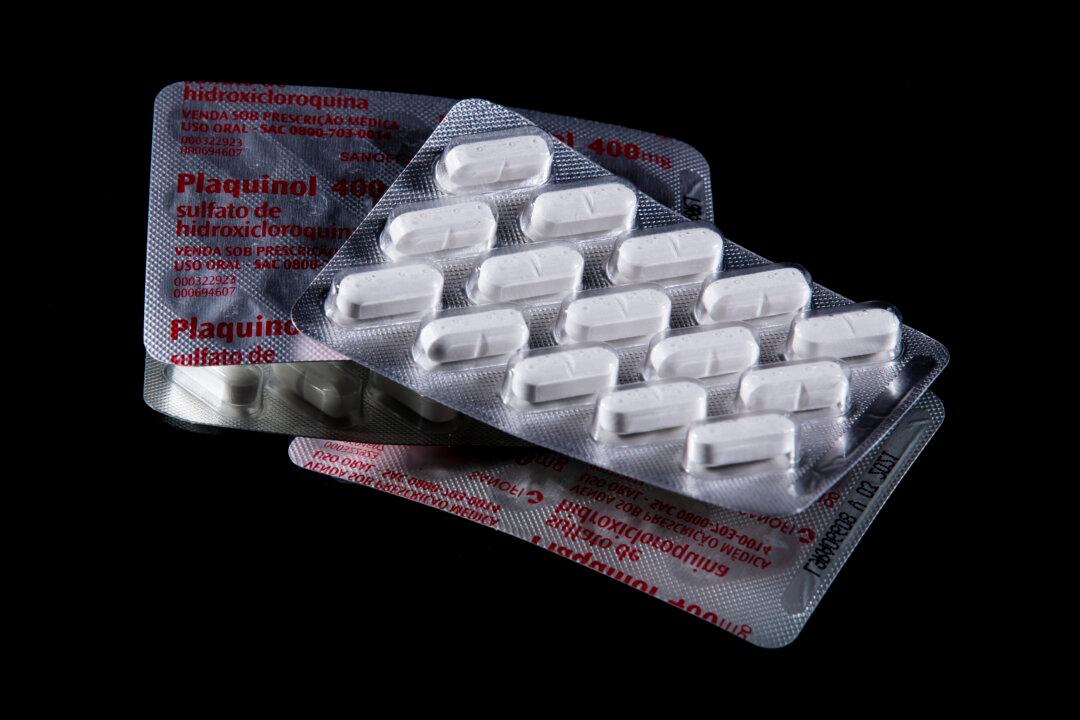The Food and Drug Administration (FDA) on Friday warned against the use of hydroxychloroquine or the closely related chloroquine for COVID-19 outside of hospitals or clinical trials.
The drugs, approved decades ago for several uses, including the treatment of malaria, have shown promise in small studies and in hospitals for treating COVID-19 but other studies have suggested harmful side effects or no evidence they work against the new disease.





